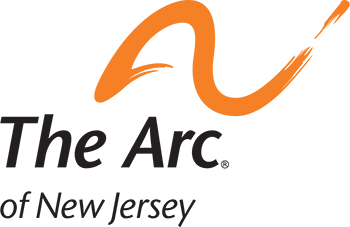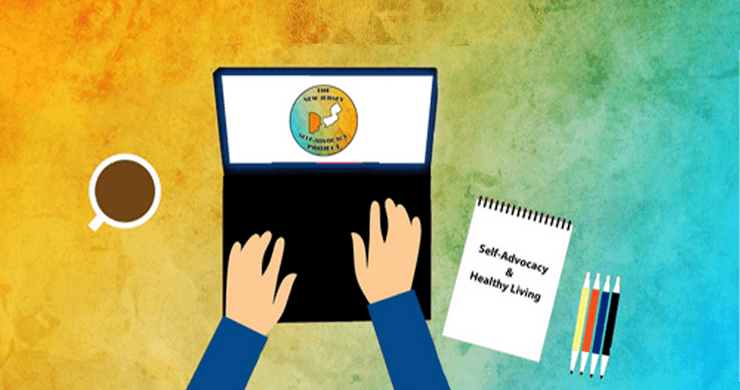6/3/25: Understanding Ableism and Feeling Good About Yourself
Ableism means treating people with disabilities unfairly. This happens when rules or people make life harder for them. For example, a building without ramps, jobs that don’t give everyone a fair chance, or saying mean things about people with disabilities. There is also something called internalized ableism. People who experience internalized ableism may see themselves as society sees them, feel less intelligent and capable, less desirable and attractive, and not deserving of love and respect. These feelings of being less than others can impact one’s willingness to work towards goals and dreams, increase self-doubt and self-confidence, affect mental health, and affect the decisions we make about our lives. In this workshop, we will discuss how ableism affects us, how we feel about disability, and ways to be proud of who we are. Discussing these things can help us feel more confident and try new things! Learning Objectives Understand what ableism and internalized ableism mean. Look at ways to feel good about your disability.
Katherine McLaughlin, M.Ed., AASECT Certified Sexuality Educator, is the Founder, CEO and Lead Trainer for Elevatus Training. As a national expert on sexuality and I/DD she trains professionals, and parents as well as individuals to become sexual self-advocates, and peer sexuality educators. She is the author of, Sexuality Education for People with Developmental Disabilities curriculum. She has developed two online courses: Developmental Disability and Sexuality 101 for professionals and Talking to Your Kids: Developmental Disabilities and Sexuality for parents, and a 3-Day certificate training: Becoming a Sexuality Educator and Trainer. She has spent her 25+ year career committed to elevating the status of all people, which is why the name of her growing company is Elevatus Training. Contact Katherine at elevatustraining.com.
Morrigan Hunter, MA, MSW (fae/faer, they/them) is a researcher and educator whose work focuses on centering pleasure and autonomy in the prevention of abuse of the disability community. Faer work is grounded in the principles of disability justice and trauma-informed care. Fae identifies as disabled, has two wonderful partners, and two adorable rabbits.

